New CPRE policy brief examines knowledge utilization in state education agencies for first time in two decades
FOR IMMEDIATE RELEASE: September 23, 2013
New CPRE policy brief examines knowledge utilization in state education agencies for first time in two decades
PHILADELPHIA, PA – In the last 20 years, federal and state laws such as the No Child Left Behind Act (NCLB), Race to the Top, and Title I School Improvement Grants, state education agencies (SEAs) increasingly have been pressed to utilize research-based policies and practices to facilitate the improvement of low-performing schools. In a new CPRE policy brief, researchers Margaret Goertz, Carol Barnes, and Diane Massell examine how SEAs search for, select, and incorporate research into their school improvement strategies.
The authors studied three SEAs located in different regions of the country and varying in staff size, organizational structure, and school improvement strategies. They conducted a social network analysis of each SEA through 62 in-depth interviews with high-level SEA staff and leaders of external organizations, as well as over 300 surveys to all SEA staff involved in school improvement projects.
The authors found that SEA staff sought research from colleagues across their organizations, but that a few key staff facilitated the search and incorporation process. Once research was obtained, a small group, or 'core network', worked together to interpret and make sense of the research over time. These core networks sought the input of practitioners, professionals in other states, and external partners to contextualize research.
External knowledge-seeking focused mostly on federal agencies, such as offices within the U.S. Department of Education and federally-funded assistance centers, as well as national professional membership associations, such as the Council of Chief State School Officers. Much of the external research search was driven by personal connections and prior work histories. External organizations played an important role in synthesizing and packaging research to make it more useable for SEA staff.
Goertz, Barnes, and Massell see important implications not only for the future of SEA research gathering and use, but also for further inquiry. For the authors' complete recommendations, access the brief at cpre.org/SEA-brief. For more details, read the corresponding research report at cpre.org/SEA-report.
About the Consortium for Policy Research in Education (CPRE)
The Consortium for Policy Research in Education (CPRE) brings together education experts from renowned research institutions to contribute new knowledge that informs K-12 education policy and practice. Our work is peer-reviewed and open-access for education policymakers, practitioners, and researchers at cpre.org.
###



